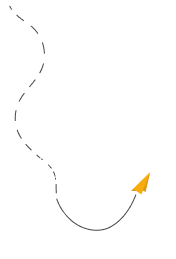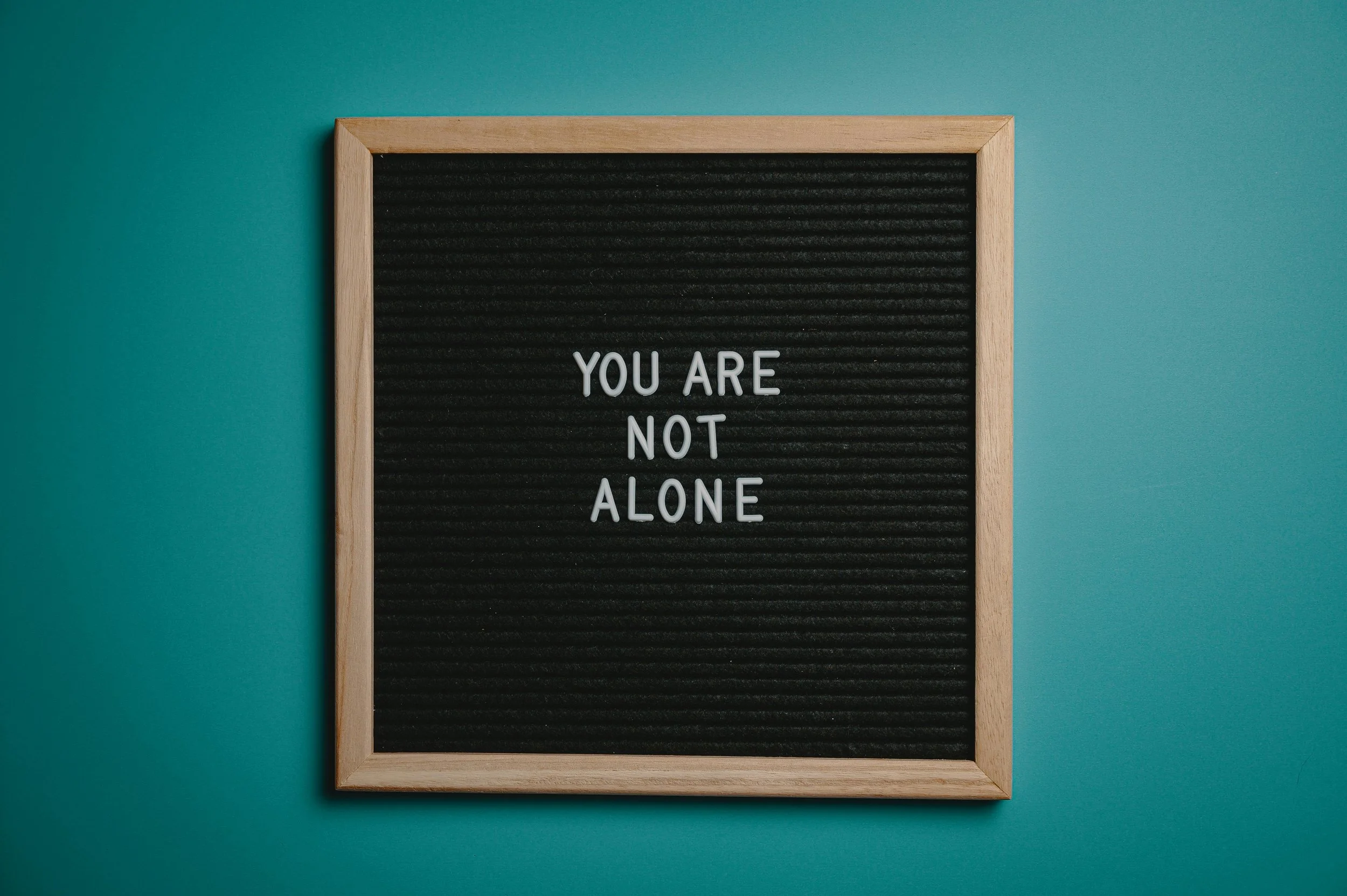What to Expect from Your First Session with a Psychosocial Recovery Coach

At a glance:
The first session with a psychosocial recovery coach is more of an informal discussion rather than a structured evaluation process.
The opening session establishes trustful relationships before you discuss your mental health history in a comfortable setting.
From the first session, your recovery coach will understand your obstacles and interests while building a recovery strategy that matches your individual requirements alongside your NDIS objectives.
Taking the first step is always the hardest part whenever you start something. This is even more relevant if you are starting your NDIS recovery journey for the first time. If you feel uncertain about psychosocial recovery coaching, you are among the thousands of individuals with similar conditions who feel the same.
Knowing the structure of your first session with a recovery coach can benefit you if you have been accepted for NDIS support or if you are still navigating it.
A psychosocial recovery coach understands the complexities of mental health recovery while working closely with you to build your independence and improve your well-being over time. There is not much to worry about in these sessions. That said, it is always a good idea to know what to expect from recovery coaching, especially in your first session.
As a leading NDIS support provider in Australia, we will cover what you can expect from your first session with a psychosocial recovery coach so you can start your program the right way.
Who Is a Psychosocial Recovery Coach?
A psychosocial recovery coach is a professional funded under NDIS to support people living with psychosocial disabilities through psychosocial recovery coaching programs. They have a strong understanding of NDIS plans and are equipped with adequate knowledge and experience to implement those plans, even when the mental health support needs are complex.
Unlike a traditional therapist, a psychosocial recovery coach usually has both a lived experience with mental health recovery and a background of some mental health training and qualification. This means that a psychosocial recovery coach conducts their work in a different manner than traditional psychotherapists do.
They focus on building capacity for participants’ independence in performing even the basic tasks and on building interpersonal relationships. They support you in long-term recovery by navigating through challenges or relapses together and building resilience.
Read More: Psychosocial Recovery Coaching vs. Traditional Therapy: Understanding the Differences
What You Might Be Asked Before the Session
A recovery coach needs to analyse your complete history before starting the first session. This helps them to prepare the best outline for your upcoming sessions. During your initial conversation, the coach will inquire about your mental wellness history, as well as existing support networks, professional and personal goals and challenges.
This early phase of your session sets a relaxed, casual atmosphere that focuses on identifying the challenges first rather than jumping into solutions. Your recovery coach will inquire about what activities you find enjoyable, the challenges you encounter in daily life, and your goals. Your coach analyses your condition based on your answers to these questions and plans a recovery plan that suits you the best.
So, you can relax and open up about yourself without any worries. Trust us when we say this: the more open you are, the better the upcoming sessions will be for your recovery.
Read More: Can Psychosocial Recovery Coaching Improve Your Autonomy and Independence?
The First Session Is a Conversation, Not an Assessment
Creating a safe space and building a trusting relationship between the recovery coach and the NDIS participant is the most important part of the first session.
The session feels more like a conversation rather than a formal evaluation. The couch will respect your boundaries, so you can only open up about the things you find comfortable. There is always another session to cover up the things that you don’t feel comfortable sharing just yet.
Your recovery coach will listen to you attentively before providing any suggestions. They ask you thoughtful questions to help you define what recovery looks like to you personally. They focus on your strengths and values, and not just your challenges, to make you feel motivated in your recovery journey.
Read More: Developing Your Recovery Journey with a Psychosocial Recovery Coach
What Happens After The First Session?
After your initial appointment, your coach will guide you through the steps of your recovery plan. Your coach will use three approaches to assist you in your recovery path: First, they will advocate for your needs inside the NDIS framework. Secondly, they will help connect you with extra support, if necessary. Finally, they will establish regular monitoring to analyse progress.
To help you stay on course, your recovery coach will adjust your plan as you progress. This adjustment will also help you meet your evolving goals, and they might change during the course of recovery.
The path towards recovery is not linear and may consist of ups and downs. Even if you encounter temporary setbacks, that’s okay. Your recovery coach will provide continuous care during challenging times as you walk through recovery.
Read More: How Your Recovery Coach Can Navigate Relapses and Setbacks
What Makes a Great First Session?
A great first session creates a safe and supportive space where you feel genuinely understood. It makes you feel empowered and encourages you to embark on your recovery journey.
Signs that your recovery path is in the right direction include:
● You feel comfortable opening up about yourself.
● The coach actively listens to you and reflects on your thoughts and needs.
● There’s a mutual understanding between your personal goals and recovery vision.
● The weight of stress lifts, and you feel a sense of hope and clarity.
All in all, a psychosocial recovery coach starts your first session toward an empowering journey of recovery and healing by building a genuine connection with you. A new participant gains optimal support and guidance from a professional who comprehends both the NDIS requirements and psychosocial recovery challenges.
You don’t have to navigate this alone. We, at ClearPath NDIS, understand how much you’ve suffered, and we’re going to be a helping hand in your recovery with a safe and supportive first session.
Get in touch with us today to book your first session or learn more about our psychosocial recovery coaching services. Your recovery journey starts here.
Discover More Insights Here
Explore our collection of informative articles.



